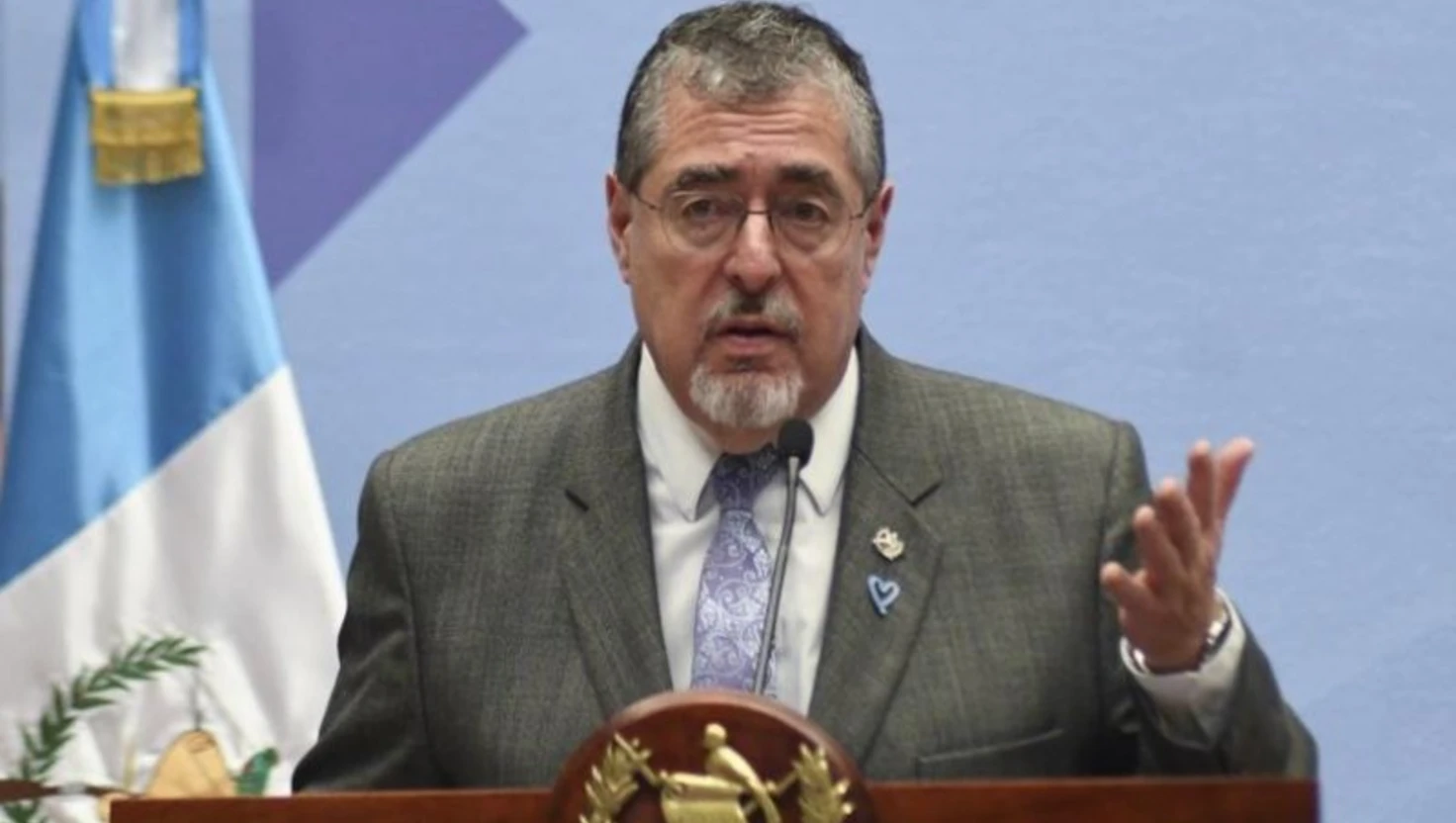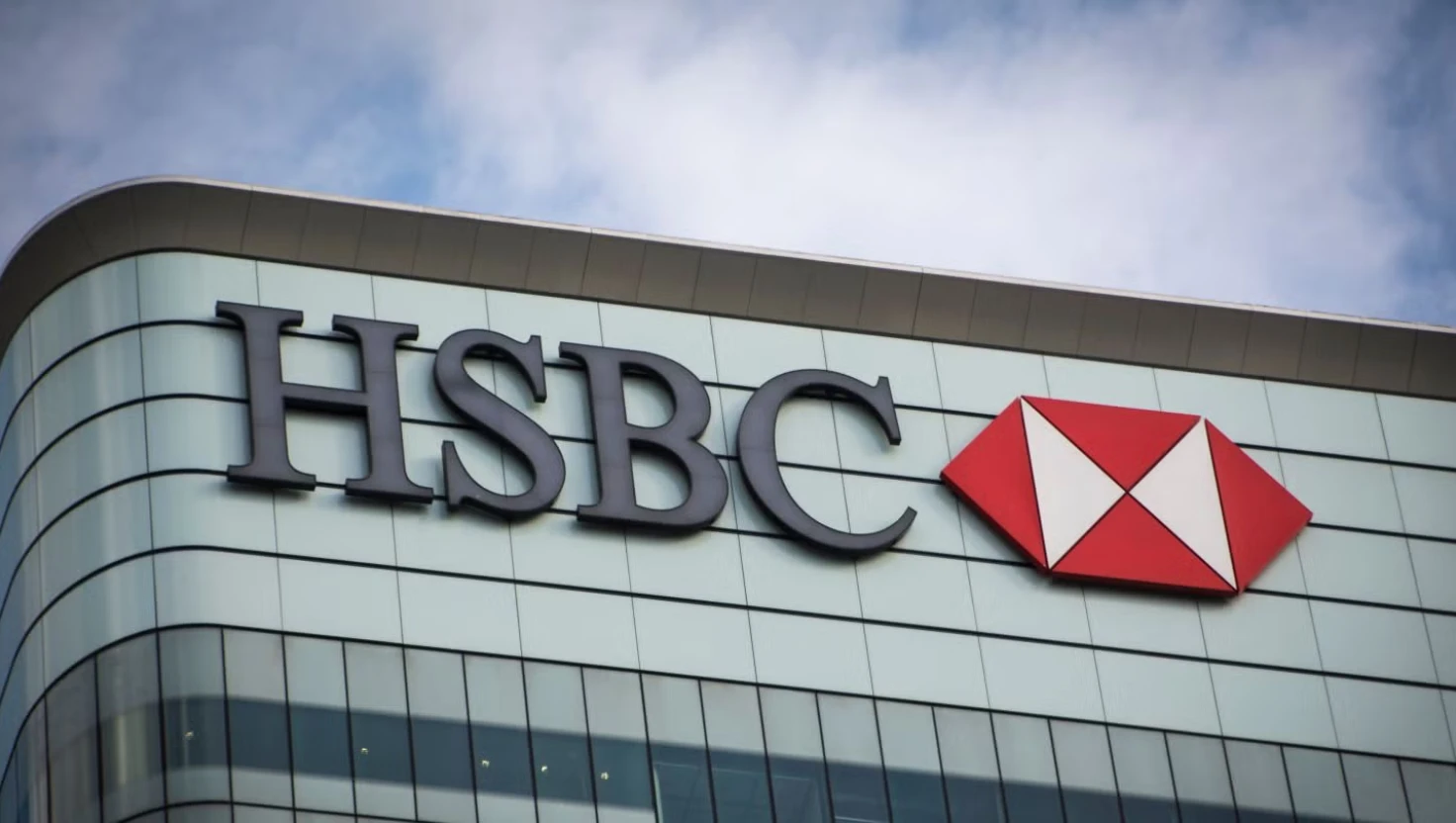UK Sounds Alarm on New Money Laundering and Terrorist Financing Threats

UK Sounds Alarm on New Money Laundering and Terrorist Financing Threats
The UK's 2025 money laundering risk assessment reveals growing threats from property, cryptocurrencies, and alternative payment systems, urging urgent reforms.
National Risk Assessment Reveals Escalating Threats
The UK Government’s 2025 National Money Laundering Risk Assessment (NRA), released in late July, highlights growing vulnerabilities in the country’s financial system. It is the first update since 2020 and identifies new and evolving channels being exploited by criminals to launder illicit wealth.
The assessment, compiled with input from regulators, civil society, and the private sector, concludes that the UK's current defences require significant reform to prevent abuse of its financial and legal systems.
Property Ownership Remains a Key Vulnerability
Property remains a major channel for laundering criminal funds, with the National Crime Agency estimating that up to £10 billion could be laundered through the UK property market each year.
The use of complex ownership structures, particularly opaque trusts and shell companies, continues to obscure the true beneficiaries of high-value property transactions.
While the introduction of the Register of Overseas Entities (ROE) has improved transparency around foreign ownership, the spotlight has now shifted to trusts. Earlier this year, investigations identified over 170 UK properties—worth a combined £2.5 billion—linked to suspicious wealth and held through opaque trust arrangements.
Further concerns are raised about pooled investment vehicles such as Real Estate Investment Trusts (REITs), Open-ended Investment Companies (OEICs), and collective investment schemes. The NRA notes that while the scale of money laundering through these instruments remains unquantified, their structure creates opportunities for abuse.
Alternative Payment Methods Under Scrutiny
Since the last NRA in 2020, criminals have increasingly turned to alternative payment channels that fall outside traditional banking regulations.
The 2025 assessment highlights that electronic money institutions (EMIs) and payment service providers now pose a “high-risk” due to their growing size and global reach. Previous research has shown that more than one-third of UK-registered EMIs have exhibited potential red flags, including questionable ownership or activities.
Cryptocurrencies are also identified as a rising concern, with regulators citing the speed, anonymity, and cross-border nature of crypto transactions as significant vulnerabilities. Particular attention is paid to jurisdictions like Russia, where informal crypto-to-cash markets and money mule networks are reportedly flourishing.
Informal value transfer systems (IVTSs) such as Hawala and Hundi—which operate outside the formal banking system—are also cited as ongoing risks. These systems rely on trust-based, often unregulated networks to facilitate cross-border transfers without leaving digital trails.
Professional Enablers and Regulatory Gaps
The NRA singles out “professional enablers”—individuals or firms such as lawyers and accountants who, knowingly or not, facilitate financial crime—as a cross-cutting threat.
Oversight of these professionals is described as fragmented and inconsistent. The UK currently relies on more than 22 separate supervisory bodies to enforce anti-money laundering (AML) compliance across the legal and accounting sectors, a structure the assessment describes as ineffective.
Disparities in enforcement powers and a lack of credible penalties are believed to undermine AML deterrence. Calls for reform—including from civil society and industry groups—urge the consolidation of regulatory responsibilities under a single, well-resourced statutory body.
Government Response and Recommendations
On the same day the NRA was released, the Government responded to its 2024 consultation on Money Laundering Regulations, promising to bring greater transparency to overseas trusts holding UK property.
Officials also reaffirmed plans to overhaul AML supervision of non-banking sectors, though no formal timeline was given.
A key opportunity for international coordination will come in 2026, when the UK hosts a global summit on illicit finance. Authorities hope the summit will help build consensus around tackling the growing threat of money laundering through alternative payment mechanisms.
Quote and Warning
“The risks are now well understood,” the report concludes. “The onus now lies with the UK Government, regulators, and the private sector to end the UK’s role as a hub for dirty money.”
Context
The UK has long been viewed as an attractive destination for global wealth, but its openness has also been exploited by criminal networks.
The 2025 NRA builds on years of concern about the country’s role in enabling illicit finance, particularly in light of major corruption scandals and sanctions breaches in recent years.
Despite new transparency tools such as the ROE and strengthened AML laws, experts argue that enforcement remains weak and fragmented, particularly in the legal and property sectors.
As financial criminals evolve their methods—often outpacing regulators—many analysts warn that without urgent and coordinated reform, the UK risks losing credibility as a leader in the fight against global financial crime.
The UK Government’s 2025 National Money Laundering Risk Assessment (NRA), released in late July, highlights growing vulnerabilities in the country’s financial system. It is the first update since 2020 and identifies new and evolving channels being exploited by criminals to launder illicit wealth.
The assessment, compiled with input from regulators, civil society, and the private sector, concludes that the UK's current defences require significant reform to prevent abuse of its financial and legal systems.
Property Ownership Remains a Key Vulnerability
Property remains a major channel for laundering criminal funds, with the National Crime Agency estimating that up to £10 billion could be laundered through the UK property market each year.
The use of complex ownership structures, particularly opaque trusts and shell companies, continues to obscure the true beneficiaries of high-value property transactions.
While the introduction of the Register of Overseas Entities (ROE) has improved transparency around foreign ownership, the spotlight has now shifted to trusts. Earlier this year, investigations identified over 170 UK properties—worth a combined £2.5 billion—linked to suspicious wealth and held through opaque trust arrangements.
Further concerns are raised about pooled investment vehicles such as Real Estate Investment Trusts (REITs), Open-ended Investment Companies (OEICs), and collective investment schemes. The NRA notes that while the scale of money laundering through these instruments remains unquantified, their structure creates opportunities for abuse.
Alternative Payment Methods Under Scrutiny
Since the last NRA in 2020, criminals have increasingly turned to alternative payment channels that fall outside traditional banking regulations.
The 2025 assessment highlights that electronic money institutions (EMIs) and payment service providers now pose a “high-risk” due to their growing size and global reach. Previous research has shown that more than one-third of UK-registered EMIs have exhibited potential red flags, including questionable ownership or activities.
Cryptocurrencies are also identified as a rising concern, with regulators citing the speed, anonymity, and cross-border nature of crypto transactions as significant vulnerabilities. Particular attention is paid to jurisdictions like Russia, where informal crypto-to-cash markets and money mule networks are reportedly flourishing.
Informal value transfer systems (IVTSs) such as Hawala and Hundi—which operate outside the formal banking system—are also cited as ongoing risks. These systems rely on trust-based, often unregulated networks to facilitate cross-border transfers without leaving digital trails.
Professional Enablers and Regulatory Gaps
The NRA singles out “professional enablers”—individuals or firms such as lawyers and accountants who, knowingly or not, facilitate financial crime—as a cross-cutting threat.
Oversight of these professionals is described as fragmented and inconsistent. The UK currently relies on more than 22 separate supervisory bodies to enforce anti-money laundering (AML) compliance across the legal and accounting sectors, a structure the assessment describes as ineffective.
Disparities in enforcement powers and a lack of credible penalties are believed to undermine AML deterrence. Calls for reform—including from civil society and industry groups—urge the consolidation of regulatory responsibilities under a single, well-resourced statutory body.
Government Response and Recommendations
On the same day the NRA was released, the Government responded to its 2024 consultation on Money Laundering Regulations, promising to bring greater transparency to overseas trusts holding UK property.
Officials also reaffirmed plans to overhaul AML supervision of non-banking sectors, though no formal timeline was given.
A key opportunity for international coordination will come in 2026, when the UK hosts a global summit on illicit finance. Authorities hope the summit will help build consensus around tackling the growing threat of money laundering through alternative payment mechanisms.
Quote and Warning
“The risks are now well understood,” the report concludes. “The onus now lies with the UK Government, regulators, and the private sector to end the UK’s role as a hub for dirty money.”
Context
The UK has long been viewed as an attractive destination for global wealth, but its openness has also been exploited by criminal networks.
The 2025 NRA builds on years of concern about the country’s role in enabling illicit finance, particularly in light of major corruption scandals and sanctions breaches in recent years.
Despite new transparency tools such as the ROE and strengthened AML laws, experts argue that enforcement remains weak and fragmented, particularly in the legal and property sectors.
As financial criminals evolve their methods—often outpacing regulators—many analysts warn that without urgent and coordinated reform, the UK risks losing credibility as a leader in the fight against global financial crime.

Guatemala modernizing money laundering laws to avoid international sanctions
Guatemala's government has proposed new legislation to modernize money laundering laws and prevent international financial sanctions.
| 2025-08-01

Turkish Crypto Platform ICRYPEX Under Investigation for Money Laundering
Assets of Turkish cryptocurrency platform ICRYPEX seized in money laundering investigation, involving owner Gökalp Içer, according to official reports.
| 2025-08-01

Italy seizes €486 000 in investigation into money laundering
The European Public Prosecutor’s Office has seized €486,000 in Italy amid a probe into suspected fraud and money laundering involving EU recovery funds.
| 2025-07-31

AML Bitcoin founder Sentenced to 7 Years for Money Laundering
US cryptocurrency founder Rowland Marcus Andrade sentenced to seven years for defrauding investors in AML Bitcoin scheme and laundering over $2 million.
| 2025-07-31

Swiss and French Authorities probing HSBC on Money Laundering
HSBC faces a money laundering investigation while reporting a significant profit drop in its latest financial results.
| 2025-07-31



